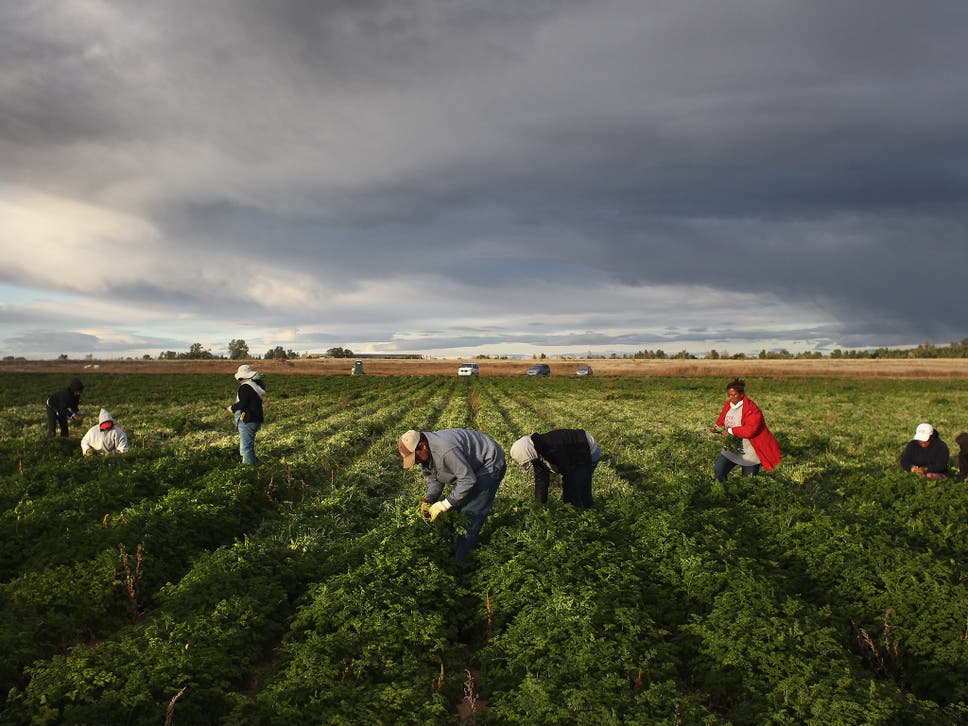 |
| Crop yields will be affected by rising temperatures and water shortages |
Global average yields of common crops such as soy beans and lentils are set to decrease as a result of increased temperatures and water shortages, it is claimed.
This could in turn have a knock-on effect on public health as key ingredients of a healthy diet become scarcer, warn researchers from the London School of Hygiene and Tropical Medicine.
"Our study shows that environmental changes such as increased temperature and water scarcity may pose a real threat to global agricultural production, with likely further impacts on food security and population health," said lead scientist Dr Pauline Scheelbeek.
"Vegetables and legumes are vital components of a healthy, balanced and sustainable diet and nutritional guidelines consistently advise people to incorporate more vegetables and legumes into their diet.
"Our new analysis suggests, however, that this advice conflicts with the potential impacts of environmental changes that will decrease the availability of these important crops unless action is taken."
Previous research has indicated that crop yields might be increased by raised levels of carbon dioxide greenhouse gas in the atmosphere.
But the new study, based on a systematic review of evidence dating back to 1975, shows this benefit is likely to be cancelled out by other environmental effects.
Researchers estimated the future impact of key factors influencing crop production, including increased levels of greenhouse gases, reduced availability of water for irrigation, and rising temperatures.
They predicted that global average yields of vegetables and legumes such as soy beans and lentils are predicted to be reduced by 35% and 9% respectively.
New crop varieties and improvements in agriculture and mechanisation are urgently needed to protect vegetable supplies, said the team writing in the journal Proceedings of the National Academy of Sciences.
"Our analysis suggests that if we take a 'business as usual' approach, environmental changes will substantially reduce the global availability of these important foods," said co-author Professor Alan Dangour.
"Urgent action needs to be taken, including working to support the agriculture sector to increase its resilience to environmental changes and this must be a priority for governments across the world."









No comments:
Post a Comment